Universal Masking Prevents SARS-CoV-2 Transmission

In March of 2020, Mass General Brigham (MGB) implemented a universal masking policy that required all staff in the health care system to wear a surgical mask while in the hospital. MGB is comprised of 78,000 employees across 12 Massachusetts-based hospitals, including Brigham and Women’s Hospital and Massachusetts General Hospital (MGH).
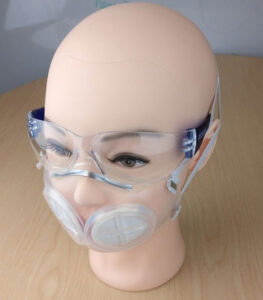 The Injection Molded Autoclavable, Scalable, Comfortable (iMASC) system developed by bioengineers and clinicians at Brigham and Women’s Hospital.
The Injection Molded Autoclavable, Scalable, Comfortable (iMASC) system developed by bioengineers and clinicians at Brigham and Women’s Hospital.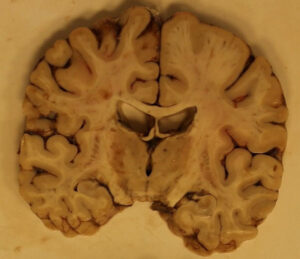
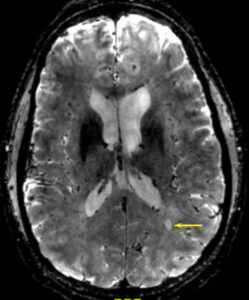 From 7T MRI performed at Brigham and Women’s Hospital in Study Patient 1. This is a T2* gradient-echo sequence (0.8 mm isotropic voxels) showing a typical MS lesion (arrow) as oval, and bright, containing a central (dark) vessel.
From 7T MRI performed at Brigham and Women’s Hospital in Study Patient 1. This is a T2* gradient-echo sequence (0.8 mm isotropic voxels) showing a typical MS lesion (arrow) as oval, and bright, containing a central (dark) vessel.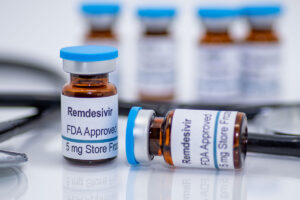
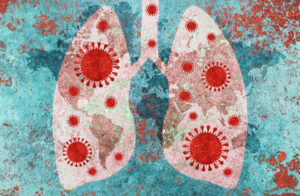
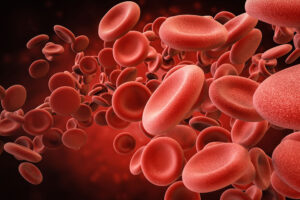
 At Brigham and Women’s Hospital, nephrologists have observed an increased risk of acute kidney injury (AKI) in COVID-19 patients. Within the intensive care units (ICUs) at the Brigham, about 15 to 20 percent of COVID-19 patients have developed AKI. In some hospitals, the incidence of AKI has been reported to be as high as 25 percent.
At Brigham and Women’s Hospital, nephrologists have observed an increased risk of acute kidney injury (AKI) in COVID-19 patients. Within the intensive care units (ICUs) at the Brigham, about 15 to 20 percent of COVID-19 patients have developed AKI. In some hospitals, the incidence of AKI has been reported to be as high as 25 percent.